Where is the future of EEG? The EEG 2021 Symposium held last week discussed various aspects of the field and where it is going. Here are some highlights.
Last week we held our symposium on analytical approaches and applications in EEG. The panels discussed various aspects around the future of EEG. We will post transcripts of these discussions on Lab Talk in the coming months but in the meantime, here are some highlights:
The move towards big data and standards
Scott Makeig, Michael Milham and Pedro Valdes Sosa
This session discussed the advances in new standards of annotations (Scott Makeig), the promise of big data and data sharing (Mike Milham) and global collaborative efforts in EEG (Pedro Valdes Sosa). Mike Milham talked about the journey of the fMRI community in coming together to build large scale shared datasets and the enormous savings of a billion dollars or more that was enabled by this data sharing. The panel discussed why this has not yet come to be in EEG and where it was going.
The general agreement was that EEG was a much more fractured field with a different profile of researcher. Relative to fMRI which has attracted a large number of physicists or folks with more quantitative and technical backgrounds, EEG has much deeper roots in psychology and clinical practice where most people do not have a substantial quantitative background or skills in programming or signal processing. For researchers the differentiator is therefore largely in the data acquisition and not the analysis, which does not create the same incentives for data sharing. Among clinicians, the emphasis is on visual interpretation of the signal, and therefore there is little incentive to give up this ‘expertise’ to algorithms. The other major challenge discussed of course, was the enormous lack of standardization of hardware as well as data standards that make data aggregation and replication a challenge. Pedro Valdes Sosa emphasized the need for collaboration in the field to build large global datasets. The panel discussed the need for more technical training for EEG researchers as the future moves towards larger data and new analytical approaches.
Where is the future in EEG applications?
Avgusta Shvestyuk, Arno Klein, Christoph Guger
This session discussed various applications in EEG. Avgusta Shvestyuk talked about applications in consumer marketing, Christoph Guger talked about new hardware configurations for more precise BCI applications in medicine, and Arno Klein talked about a new platform for cognitive assessment for neuroimaging studies. The panel discussed the future of applications of EEG. A general consensus was that there was a great deal of ‘nonsense’ out in the ecosystem of applications that were ‘easy to use’ but not particularly accurate in what they promised. Surprisingly, the panel was unified in its opinion that the future of EEG lay not in consumer applications but in medical diagnostics, in improving the precision of medical diagnostics and applications with EEG and in making brain health diagnostics more readily available across the globe, especially in low-income countries.
The future in understanding cognition
Edmund Lalor, Julia Kam, Dhanya Parameshwaran and Guillaume Dumas
This session had presentations on using EEG to decode various types of cognition from speech perception and mind wandering to cognitive development in children and social interaction. The panel discussed the future of understanding the brain and cognition. A number of interesting points were discussed such as:
– maybe the way we define cognition is really the way the brain constructs and understands cognition we need to think harder about how we define and assess different kinds of cognitive processes.
– perhaps our conclusions are circumscribed substantially by what we measure in the brain and we need to keep to keep searching for new views and in the meantime, take a multimodal perspective.
– perhaps the brain doesn’t always solve the same problem the same way each time because the state of the system is different each time it encounters the problem and maybe this varies from individual to individual in the same way that people with diabetes differ in terms of which foods cause them to have the biggest insulin spikes.
Stay tuned for more transcripts of these discussions.

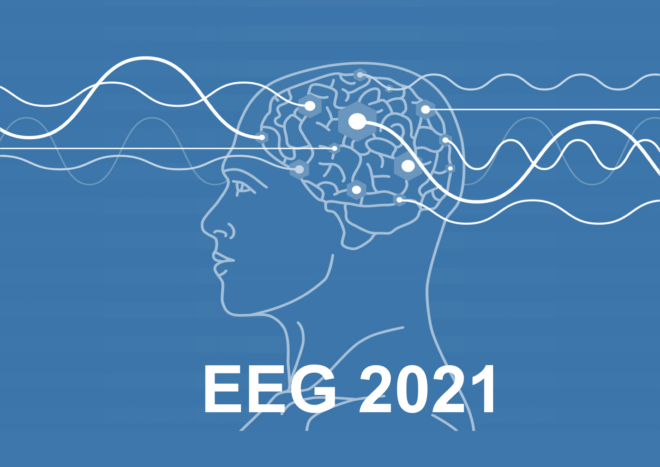


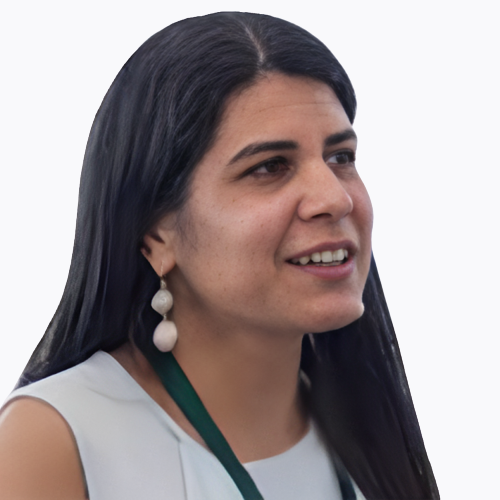

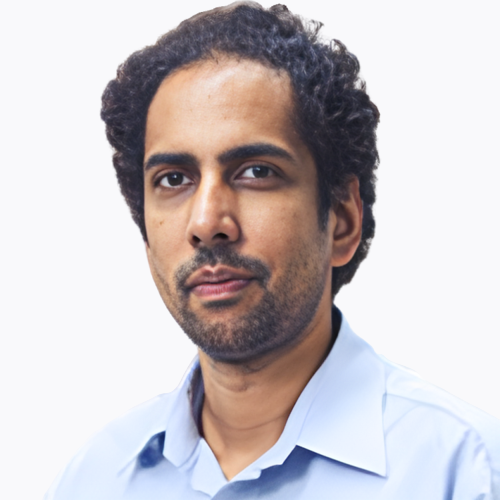




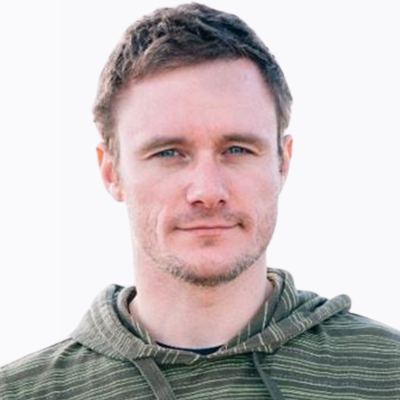


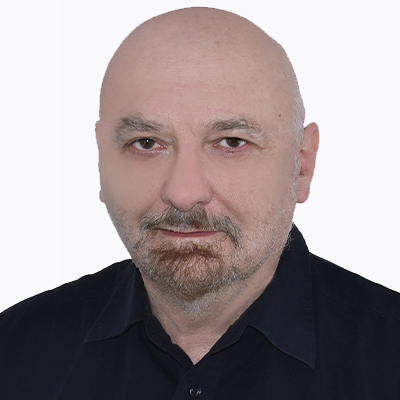


Thank you for the transcripts of the discussion among the leading scholars. I’m inspired by the unified opinion that the future of EEG lay in medical diagnostics rather than consumer applications, given the existence of many invalidated EEG “evidence-based index” or “performance-related suggestions”. Looking forward to more transcripts. Thanks!